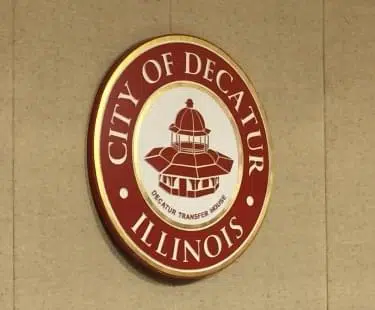
April 6, 2025 – On Monday, The Decatur City Council will discuss a new development aggreement with KC Finds, a grant to plant new trees in partnership with the Park District, and consider a contract with a company to study the city’s salary structure.
To support a newer retail business, Council will consider a development agreement with KC Finds that would rebate a portion of sales tax collected back to the business. This is essentially a pay-for-performance model where the business is incentivized to increase their sales in order to recoup a portion of the sales tax. The proposed rebate would be 50% of the sales tax collected for five years or when the developer has received a maximum of $25,000, whichever comes first. The retailer’s remodel to the former ACE Hardware facility was an investment of over $275,000 and KC Finds asked the City for some incentive to offset a portion of that capital expense.
The Council will also discuss a contract with Paul Tree Farms to purchase and plant new trees. City of Decatur received a $750,000 tree grant from the USDA in partnership with the Decatur Park District. For this batch of trees, Paul Tree Farm has agreed to donate 185 various size trees (valued over $211,000) and only charge for transportation and installation of the trees – approx. $146,500 paid for with the USDA grant. These will be planted on City property such as the former Centennial/Coppenbarger School site, the Decatur Civic Center, and Decatur Public Library.
Council will also consider hiring a firm to perform a compensation study for City of Decatur positions. Arndt Municipal Support (AMS) has worked with many municipal organizations and will review the competitiveness of City salary structures relative to other public sector and private sector employers. In addition, the firm will review the alignment of classifications and compensation with market conditions and make recommendations to address pay disparities, if necessary, to enhance employee satisfaction and retention. The study and recommendations would take approximately 4 months with an estimated cost is $35,000.
